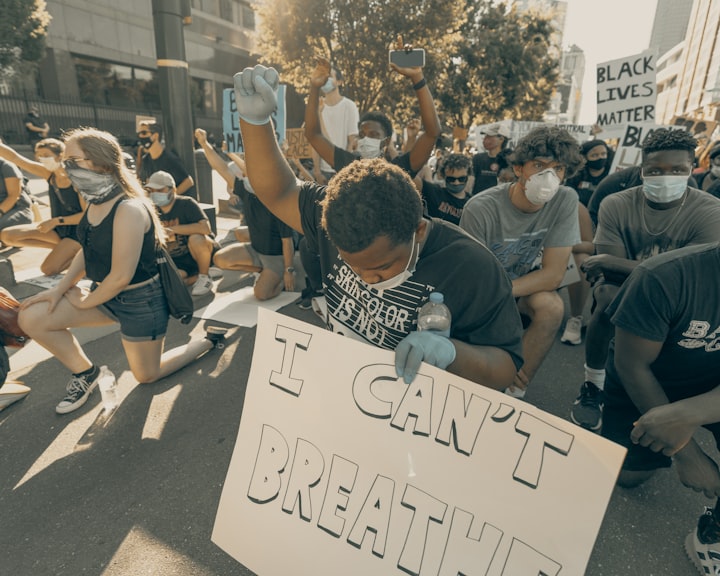Political Parties
Political party and it effect on people ang the government.

Political parties play a pivotal role in shaping the relationship between people and government, exerting significant influence over policy decisions, governance, and the overall functioning of a nation. In the intricate tapestry of politics, these organized groups offer a platform for collective action, representation, and the pursuit of shared interests. However, their effects on people and governments can be both profound and multifaceted.
At its core, a political party is a vehicle for mobilizing individuals with similar ideological, social, or economic aspirations. They serve as a bridge between citizens and the corridors of power, articulating the concerns and aspirations of their supporters. Political parties offer a framework for collective decision-making, campaign for public office, and formulate policy positions that shape the agenda of government.
For individuals, political parties provide a means to participate in the democratic process, giving voice to their concerns and influencing policy outcomes. They offer a platform for like-minded individuals to come together, unite around common values, and advocate for their interests. Political parties empower citizens by providing opportunities for engagement, debate, and electoral representation.
Moreover, political parties offer a sense of identity and belonging. They provide a framework for individuals to align themselves with a set of values, ideologies, or policy priorities. Party affiliation can become an integral part of personal identity, shaping one's worldview and influencing social relationships. It fosters a sense of community, solidarity, and shared purpose among party members.
The impact of political parties extends beyond individual citizens to the functioning of government itself. They play a critical role in the formation and stability of governments, as they strive to secure electoral mandates and assemble coalitions. Political parties form the bedrock of representative democracy, as they establish the foundation for governance through the election of leaders and the formation of legislative majorities.
Political parties also influence government policies and decision-making processes. They develop party platforms and policy agendas that guide the actions of their elected representatives. Governments often implement policies consistent with the ideologies and priorities of the party in power, shaping the socioeconomic landscape and impacting the lives of citizens.
The effects of political parties on people and governments, however, are not without challenges. Partisan polarization and ideological divisions can lead to a fractured political landscape, hindering effective governance and impeding compromise. The pursuit of partisan interests may sometimes overshadow the common good, resulting in policy gridlock and a loss of public trust.
Furthermore, political parties can face the temptation of prioritizing short-term electoral gains over long-term societal needs. They may succumb to the influence of special interest groups or engage in divisive rhetoric to secure votes. This can erode public confidence in the political system, leading to disillusionment and apathy among citizens.
Nevertheless, political parties remain a vital component of democratic governance. They provide a mechanism for citizens to organize, engage in the political process, and collectively advocate for change. They foster healthy competition, offer alternatives for governance, and facilitate checks and balances within the system.
To mitigate the potential pitfalls of party politics, it is crucial to foster transparency, accountability, and civic education. Open and inclusive party systems that encourage grassroots participation can enhance representation and broaden the diversity of voices within political parties. Moreover, promoting dialogue, cooperation, and a focus on the common good can help bridge partisan divides and foster effective governance.
In conclusion, political parties are instrumental in shaping the relationship between people and government. They offer a platform for citizens to participate, advocate for their interests, and influence policy outcomes. However, their effects can be nuanced, encompassing both positive and negative aspects. By nurturing inclusive and accountable party systems, societies can harness the transformative potential of political parties while mitigating their drawbacks. Ultimately, the role of political parties is pivotal in shaping the democratic fabric of nations and the lives of their citizens.
About the Creator
Jeff-Quist
Knowlege glow with communication not silence






Comments
There are no comments for this story
Be the first to respond and start the conversation.